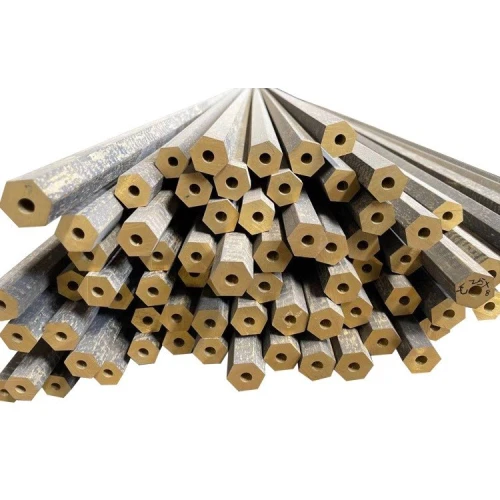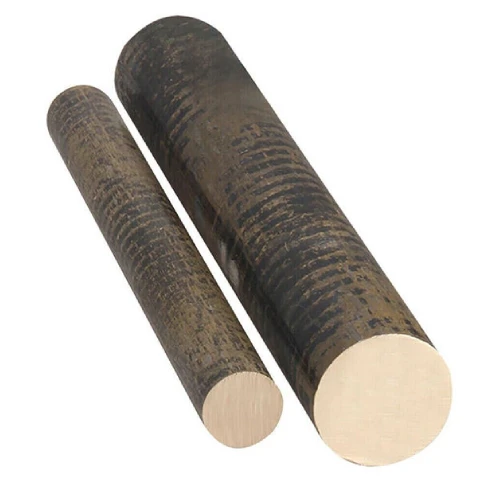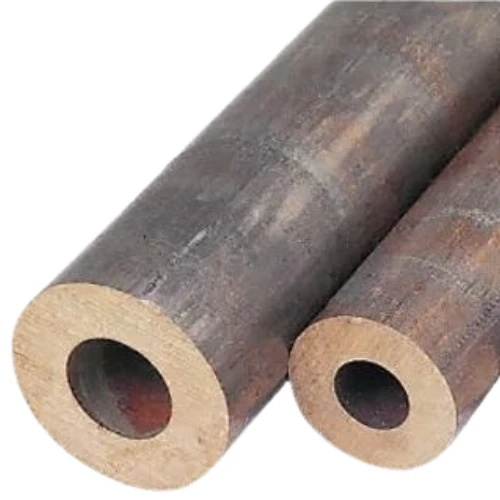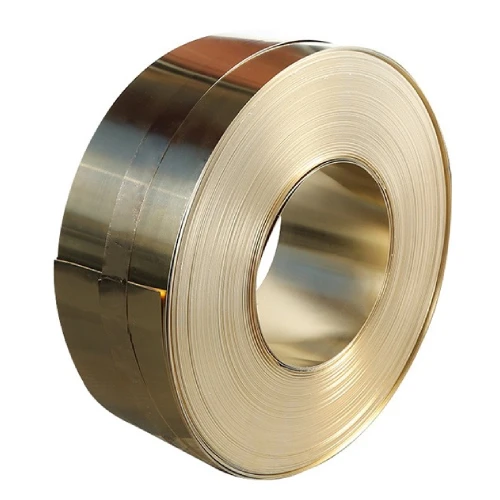C16200, also known as Cadmium Copper, is a high-performance copper alloy known for its excellent mechanical
strength, electrical conductivity, and resistance to softening at elevated temperatures. This makes it a
valuable material for applications requiring a combination of electrical conductivity and mechanical
durability.
Chemical Composition
C16200 is primarily composed of the following elements:
| Element |
Percentage (%) |
| Copper (Cu) |
98.6 - 99.4 |
| Cadmium (Cd) |
0.5 - 1.2 |
| Others |
Balance |
Mechanical Properties
C16200 exhibits outstanding mechanical properties, making it suitable for various demanding applications:
| Property |
Value |
| Tensile Strength |
350 - 550 MPa |
| Yield Strength |
290 - 410 MPa |
| Elongation |
20 - 40% |
| Hardness (Rockwell B) |
60 - 80 |
| Electrical Conductivity |
85 - 95% IACS (International Annealed Copper Standard) |
| Density |
8.9 g/cm³ |
Corresponding Country's Brand
C16200 is recognized under different brands in various countries. Here are some equivalents:
| Country |
Brand Name |
| USA |
Cadmium Copper |
| UK |
CA162 |
| Germany |
CuCd1 |
| Japan |
C1620 |
| China |
QCd1 |
Common Questions and Answers
1. What are the primary advantages of using C16200 in industrial applications?
Answer: C16200 offers a combination of high mechanical strength, superior electrical
conductivity, and good thermal stability. Its resistance to softening at elevated temperatures makes it
ideal for applications such as electrical connectors, conductors, and other high-stress electrical
applications.
2. Can C16200 be easily welded or soldered?
Answer: Yes, C16200 can be welded and soldered, although welding may require specific
techniques to avoid reducing the material's strength. It is important to use proper filler materials and
controlled welding conditions to maintain the alloy's desirable properties.
3. In what applications is C16200 commonly used?
Answer: C16200 is commonly used in the manufacturing of electrical connectors, conductors,
and components requiring a combination of high strength and electrical conductivity. Its resistance to
softening at elevated temperatures also makes it suitable for applications in power generation and
transmission.
Summary Table
| Aspect |
Details |
| Chemical Composition |
Cu (98.6-99.4%), Cd (0.5-1.2%), Others (Balance) |
| Mechanical Properties |
Tensile Strength: 350-550 MPa, Yield Strength: 290-410 MPa, Elongation: 20-40%, Hardness: 60-80
Rockwell B, Electrical Conductivity: 85-95% IACS, Density: 8.9 g/cm³
|
| Country Brands |
USA: Cadmium Copper, UK: CA162, Germany: CuCd1, Japan: C1620, China: QCd1 |
| Applications |
Electrical connectors, conductors, power generation and transmission components |
C16200 Cadmium Copper is a versatile and reliable material widely used across various industries for its
excellent combination of strength, conductivity, and thermal stability.



